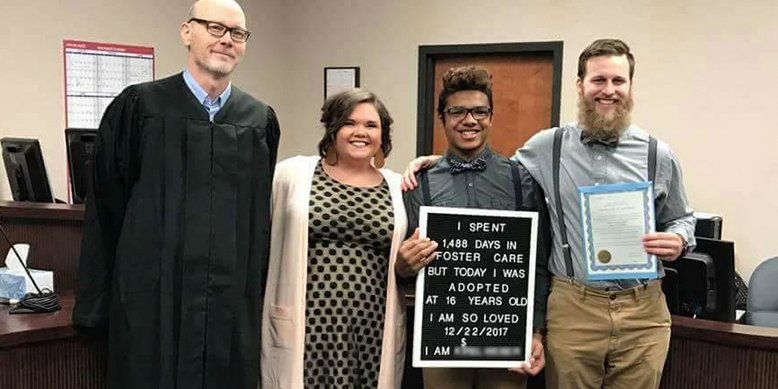Transracial Adoptions in the US
Transracial adoption, also known as interracial adoption, is a sensitive yet important conversation within the foster care system. Until 1994, United States law also saw it as a sensitive topic. It wasn’t until then that the United States implemented laws against transracial adoption discrimination.
The Multi-Ethnic Placement Act-Interethnic Adoption Provision (MEPA-IAP) of 1994, “Prohibits State agencies and other entities that receive Federal funding and were involved in foster care or adoption placements from delaying, denying, or otherwise discriminating when making a foster care or adoption placement decision on the basis of the parent or child’s race, color, or national origin,” (US Department of Health and Human Services).
MEPA was signed into law because discrimination towards transracial adoption is a direct violation of the Civil Rights Act of 1965. Until 1994, transracial adoption was viewed as “destroying racial identity” and even “cultural genocide” (Egen, 1993). Despite the legal changes implemented in hopes to change these views, many people continue to be reluctant, even in progressive areas like Austin, Texas.
Through a poll conducted in 2000, it was found that 72% of white males and 84% of female African American women are against transracial adoption (Hollingsworth 2000). Views like these keep adoption statistics wide, but laws like MEPA are trying to help bridge the divide. In addition to the disagreeing views on adoption, half of all people believe that adopting transracially can cause illnesses and misbehaviors in the children who are being adopted. Although it is a perfectly healthy and positive process, some people still misconstrue transracial adoptions as dangerous and potentially damaging.
Misunderstandings of transracial adoptions are what keep statistics within the foster care system so high. 60% of foster children are not caucasian, and of all adoptions from foster care, only 20-25% are transracial. Although this number is slowly growing, only a quarter of foster children of color will find acceptance in the homes of loving families.
Are you an interracial adoptive family and would like to share your pictures with us? Foster Love – Together We Rise would love to see them! Facebook message us your photos with a short note about how adoption has changed your life 🙂
Citations:
Hollingsworth LD
Soc Work. 2000 Mar; 45(2):183-6.
Other:
http://brandongaille.com/20-odd-interracial-adoption-statistics/


